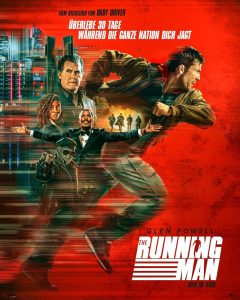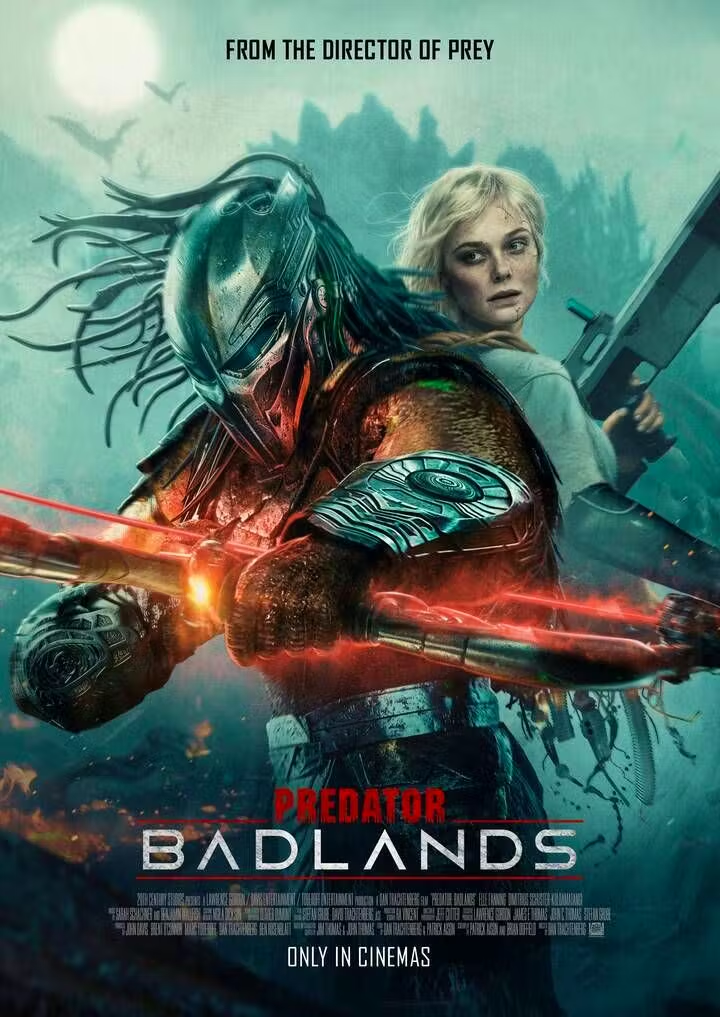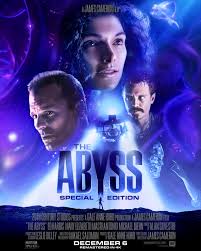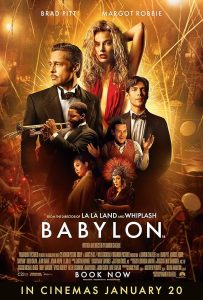rive is the kind of movie that insists on being cool. From its neon-lit visuals to its synth-laden soundtrack, Nicolas Winding Refn’s crime-thriller clearly has aspirations of being a modern classic—a brooding, stylish homage to noir cinema. But while it occasionally dazzles with its aesthetic flourishes and moments of shocking violence, it doesn’t quite hit the exhilarating heights it aims for, leaving the experience feeling strangely hollow.
Ryan Gosling stars as the unnamed Driver, a Hollywood stuntman who is moonlighting as a getaway driver. With his scorpion-emblazoned jacket and smoldering silence, he’s an archetype rather than a character—deliberately enigmatic, perhaps, but ultimately so restrained that it’s hard to connect with him. Gosling’s subtle performance is undeniably magnetic, but there’s a fine line between understated and underwhelming, and Drive flirts dangerously with the latter he is a character that seems to be trying just a little too hard to be cool.
Refn’s direction is stylish to a fault. Every frame is a meticulous composition drenched in mood, and the retro touches—the pink cursive credits, the pulsating soundtrack—immediately establish a distinct tone. Yet, the film often feels like it’s prioritizing its surface looks over its actual substance. The pacing is deliberately slow, which works in moments of quiet tension, but it frequently drifts into lethargy making the whole movie a slog to get through, with long, lingering shots that seem to be more about showing off the cinematography than advancing the story or deepening the characters.
The supporting cast does what they can to inject life into the proceedings. Carey Mulligan brings warmth as Irene, the Driver’s kind-hearted neighbor, though her character is more a symbol of innocence than a fully developed person. Bryan Cranston adds some much-needed energy as the Driver’s well-meaning but unlucky mentor, while Albert Brooks is a surprising standout as a menacing mobster. Despite their efforts, the film’s emotional beats rarely land with the intended weight, making it hard to care when the violence inevitably explodes.
And speaking of the violence, while Drive has been lauded for its brutal action sequences, they often feel disconnected from the film’s quieter moments. The tonal shifts between brooding introspection and gory mayhem are jarring rather than complementary, leaving the movie feeling uneven.
That’s not to say Drive is without merit. It’s undeniably stylish, and for fans of art-house cinema, its bold aesthetic choices will be enough to sustain interest. But as much as it wants to be a gripping tale of morality and redemption, the film feels more like an experiment in style over storytelling.
Verdict:
Drive is a film that looks and sounds the part of a modern classic but never quite finds the emotional or narrative depth to match its ambition. While its style may captivate some, it’s ultimately a case of less horsepower than promised.












